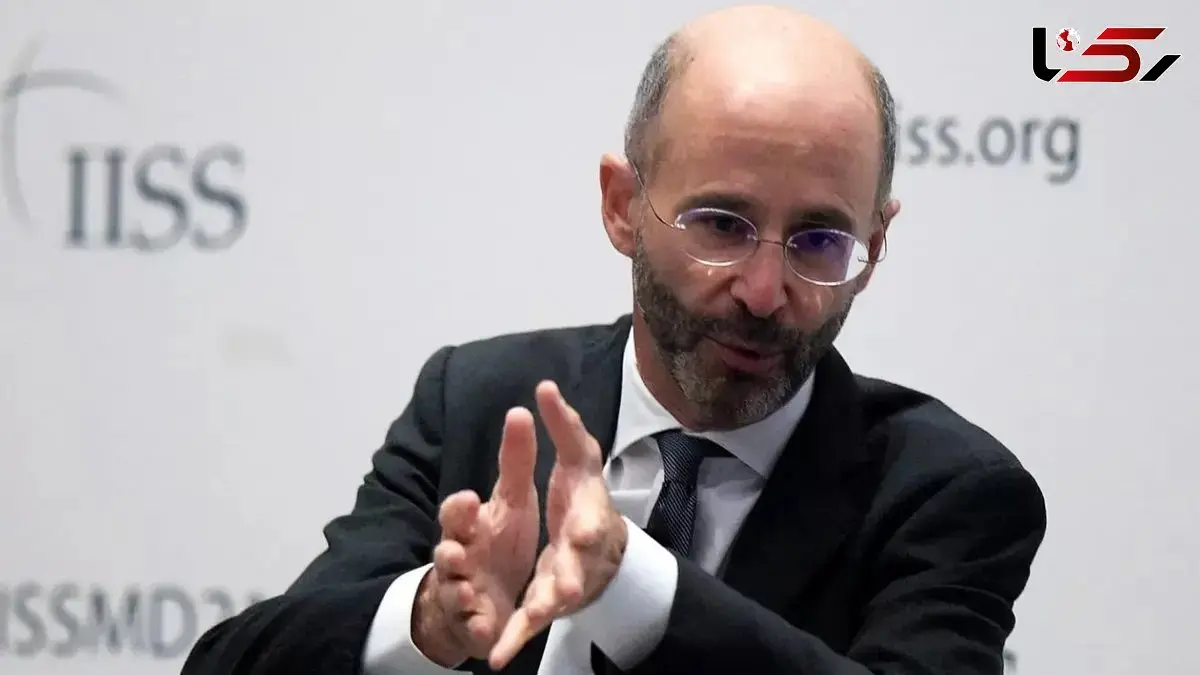Robert Malley: Trump Betrayed Iran Three Times
Rokna Political Desk: former U.S. special envoy for Iran, Robert Malley, warned of the unforeseen consequences of the U.S. and Israeli attacks on Iran’s nuclear and missile facilities in June and July 2025, stressing that Iranian officials believe Donald Trump has betrayed them not once, not twice, but three times, leading to profound distrust in Tehran toward Washington.

According to Rokna, in an interview with The National in New York, Malley referred to an article co-authored with veteran Palestinian negotiator Hussein Agha, noting that the summer attacks could trigger a chain of destabilizing repercussions throughout the region.
The former U.S. envoy on Iran said that, time and again, actions that seemed to yield short-term gains in the Middle East ultimately produced entirely opposite outcomes. He added: “Things that may appear successful in the short term may have very different consequences in the long term.”
As examples, he cited Israeli operations in Beirut and against the Palestine Liberation Organization in Tunisia, the U.S. invasions of Iraq and Afghanistan, and U.S. intervention in Lebanon. According to the former American official, “In each of these cases, short-term victories eventually had boomerang effects such as the rise of Osama bin Laden, the expansion of Iran’s influence in Iraq, the Taliban’s return to power, and the creation of Hezbollah in Lebanon.”
Referring to last summer’s attacks by Washington and Tel Aviv against Iran, Malley claimed: “The attacks set Iran’s nuclear program back — not destroyed it as President Trump claimed, but set it back.”
The former U.S. special envoy under Joe Biden outlined two possible scenarios for the future of U.S.–Iran relations: renewed military escalation, or an unexpected diplomatic breakthrough under President Donald Trump’s administration. He added that while further confrontation with Iran would not surprise him, the possibility of an agreement in which Iran suspends enrichment in exchange for sanctions relief and the restoration of UN monitoring also exists.
Malley, however, warned that any diplomacy would face major obstacles. He emphasized that deep distrust exists in Tehran, and that Iranian leaders believe Trump betrayed Iran not once or twice but three times — including by withdrawing from the JCPOA and cooperating with Israel in the attack on Iran’s nuclear facilities — making a return to negotiations far more difficult. “I agree with Iranian officials,” he added. “I believe Trump betrayed Iran three times.”
Do Not Expect Quick Peace Through a Two-State Plan
Malley then turned to the Gaza war and discussed his new book with Hussein Agha titled Tomorrow Is Yesterday: Life, Death, and the Struggle for Peace in Israel-Palestine. He said the book offers a personal account of decades of U.S.-mediated negotiations and the reasons for their failure. At moments such as the 2000 Camp David summit, peace appeared near, but historical review shows that none of the core issues were close to resolution.
The former U.S. official added that while conditions, leadership, and policies may at times have increased the likelihood of peace, the many layers of complexity make achieving “perfect alignment” extremely difficult.
Malley noted: “That perfect alignment never occurred, and now we are in a situation far, far worse than 1993, 1998, 2000, 2014, and all those moments when people sought a two-state solution.”
He questioned whether the “goal itself” may be flawed, expressing doubt about the feasibility of a two-state solution. He added that the continued insistence on this policy is understandable because policymakers and activists seek a familiar and straightforward option, especially after the turmoil of the past two years.
In his view, the two-state solution has become a “refuge” for those seeking a quick answer to a long-running conflict. However, he stressed that long-term causes of failed peace efforts must be examined, as “in any case, no peace is coming in the near future.”
In another part of the interview, Malley said that despite the Biden administration’s desire to end the war, it failed to take “the necessary decisive actions” and instead maintained its “bear-hug” embrace of Israel while continuing arms supplies. He argued that this decision prolonged the war and increased casualties.
In conclusion, Malley expressed doubt about the viability of Trump’s 20-point plan for Gaza’s future, saying the proposal lacks detail and would be difficult to implement in an atmosphere of deep mistrust between the parties. He noted that Hamas is unwilling to relinquish its role, and Israel is unlikely to accept international forces outside its control.
Send Comments